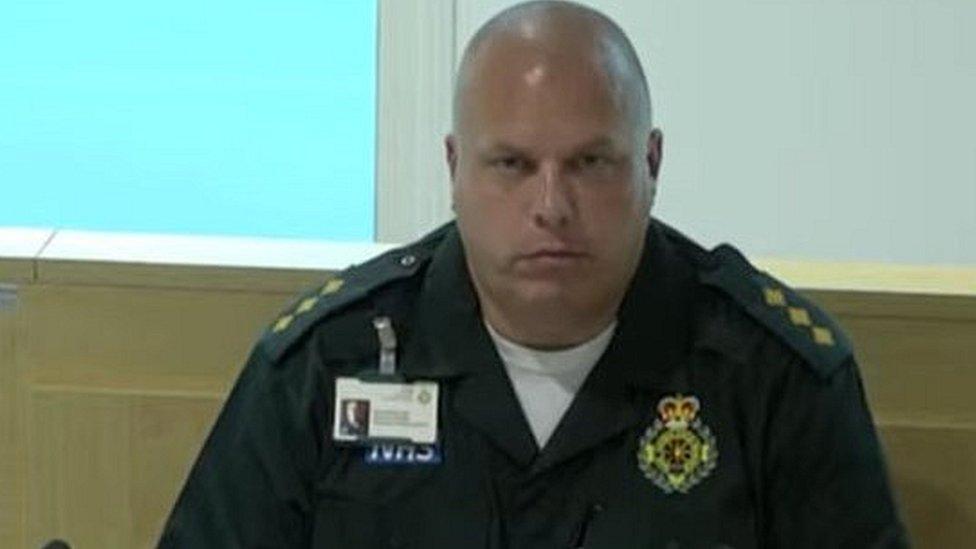Manchester Arena Inquiry: Fire response hit by communication breakdown
- Published
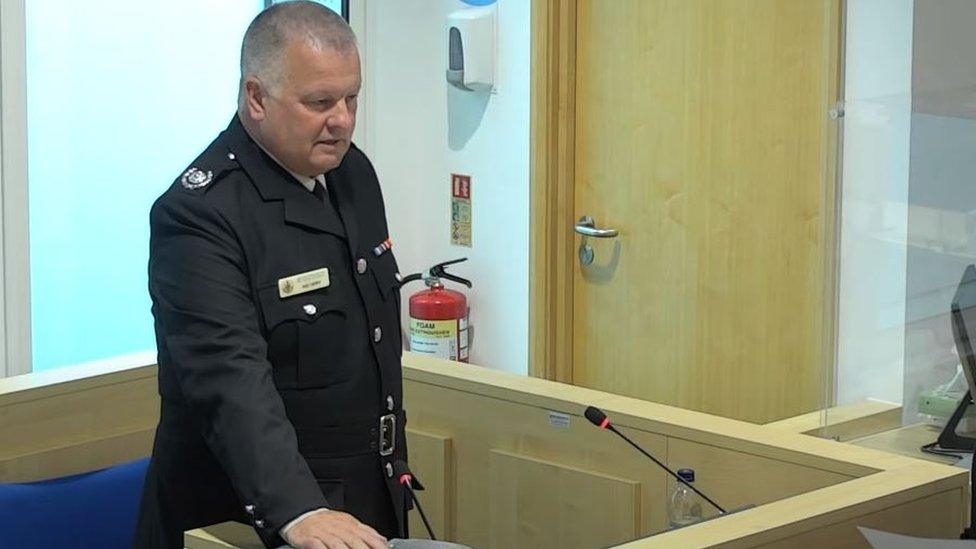
Senior firefighter Andy Berry was the duty Nilo (national inter-agency liaison officer) on the night of the attack
A "massive breakdown in communications" meant the fire service did not arrive at the Manchester Arena bombing until more than two hours after the explosion, an inquiry has heard.
Senior firefighter Andy Berry agreed the length of time was "unacceptable".
Salman Abedi detonated the bomb at 22:31 BST on 22 May 2017, killing 22 people and injuring hundreds more.
The first firefighters went into the railway station, adjoining the arena complex, at 00:49.
Paul Greaney QC, counsel to the public inquiry into the attack, said that was two hours and 15 minutes after the first notification to North West Fire Control of an explosion and two hours and nine minutes after Mr Berry was first alerted.
It was one hour and 58 minutes after the other emergency services had entered the City Room where the bomb exploded and one hour and 10 minutes after the last living casualty had been taken out of the foyer, he said.
All these timings were compared to an average deployment time for Greater Manchester Fire and Rescue Service (GMFRS) of six minutes.

Twenty-two people were killed in the May 2017 bombing
Mr Greaney asked Mr Berry: "Is the period that it took GMFRS firefighters to enter the station acceptable to you as a senior firefighter?"
He replied: "No, it's not sir."
Mr Greaney said: "If firefighters had entered the station at what I would describe as a relevant time, did they have value to bring to the emergency response?"
The witness said: "Absolutely sir and they wanted to be there."
Mr Greaney added: "Are you able to explain for us as simply as possible why the fire and rescue service did not arrive at all until well over two hours after the explosion and why specialist assets never arrived?"
Mr Berry said "there was a massive breakdown in communications in the initial stages".
He said that led to him "not receiving the information" he required to be able to "do his job effectively and deploy resources".
Mr Berry said he had tried seven times to call the Greater Manchester Police (GMP) force duty officer Dale Sexton within minutes of being told of the explosion, but failed to get through.
The inquiry has previously heard Mr Berry did not send fire crews to a GMP rendezvous point at the Manchester Cathedral car park, believing it was too close if there were further attacks.
Instead he told them to meet at Philips Park fire station, three miles away from the arena.
He admitted mustering fire crews at Manchester central fire station, just a mile from the arena was a "better location than Philips Park".
The inquiry continues.

Why not follow BBC North West on Facebook, external, Twitter, external and Instagram, external? You can also send story ideas to northwest.newsonline@bbc.co.uk
Related topics
- Published17 June 2021
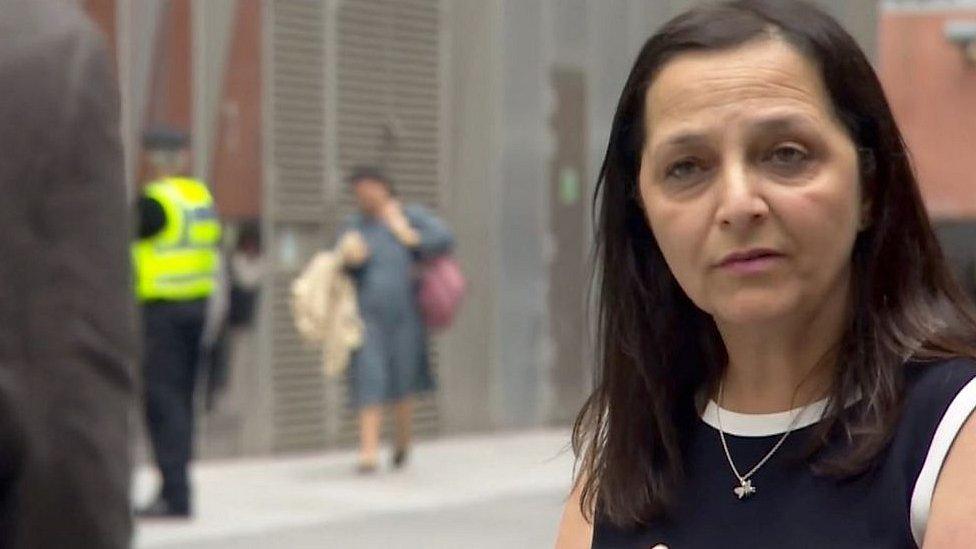
- Published17 June 2021

- Published17 June 2021
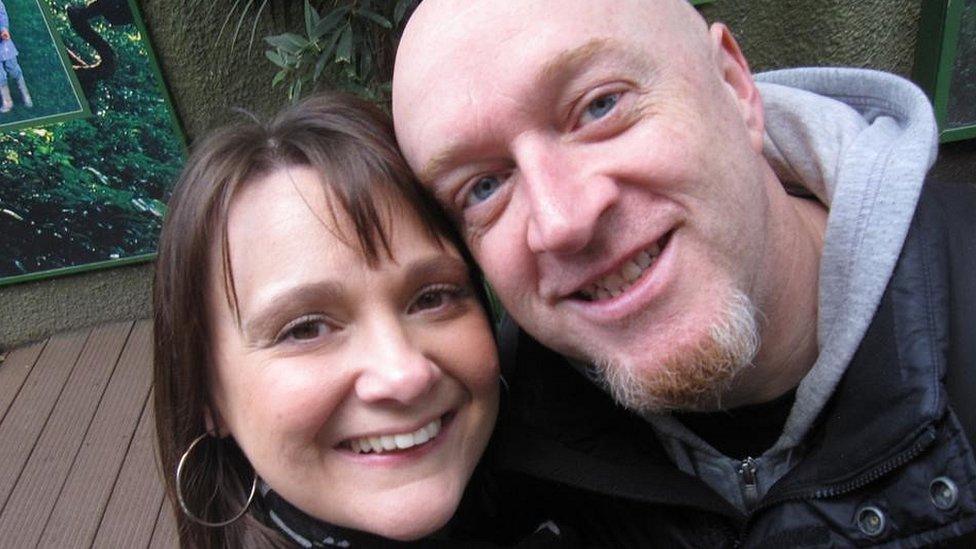
- Published16 June 2021
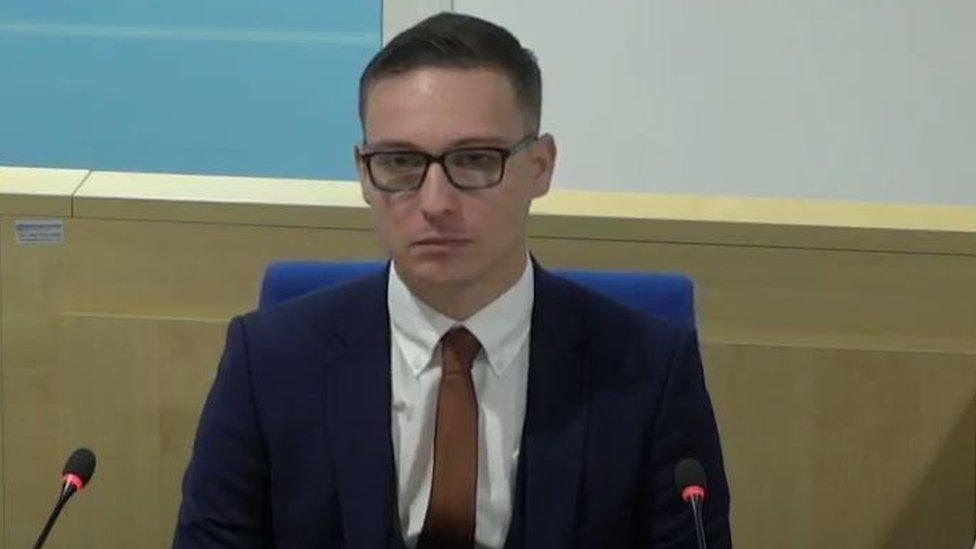
- Published15 June 2021
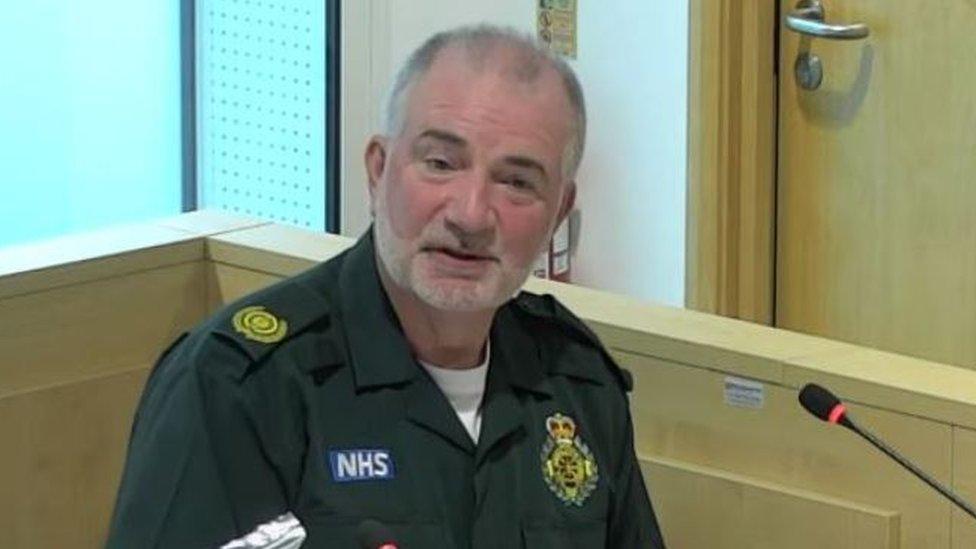
- Published14 June 2021
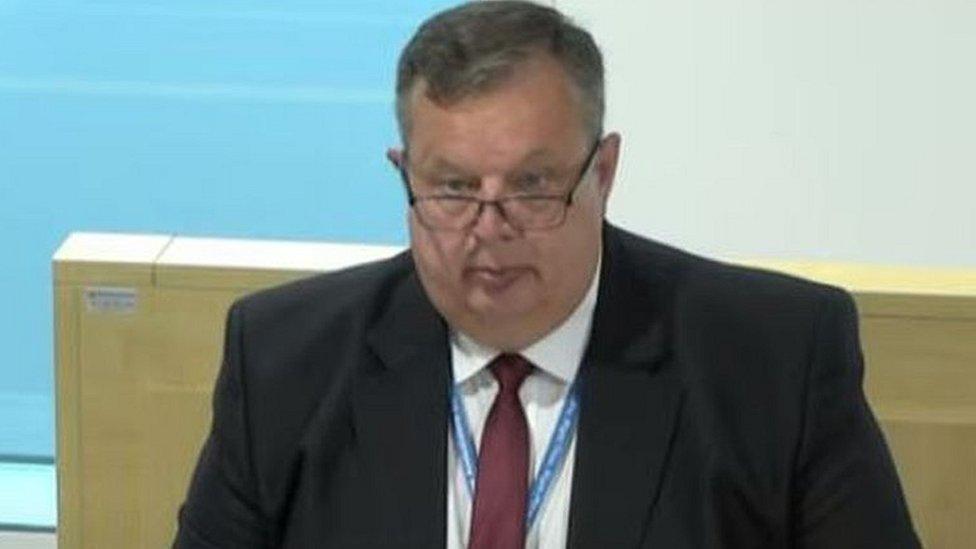
- Published9 June 2021
